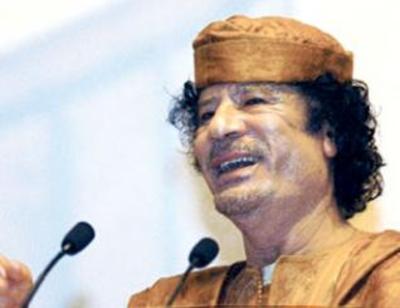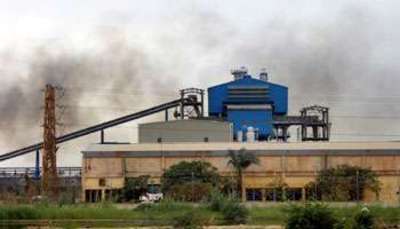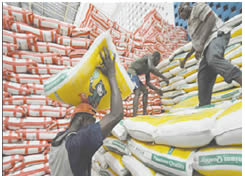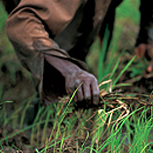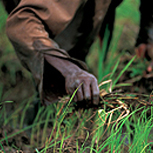Les Affaires du président libyen marchent le plus normal au Monde : Le tropisme kadhafien en Afrique
- Le Financier
- 02 April 2011
Alors que les missiles Tomahawks tombent sur la Libye, les activités économiques et financières du clan Kadhafi continuent normalement en Afrique et au monde entier.




